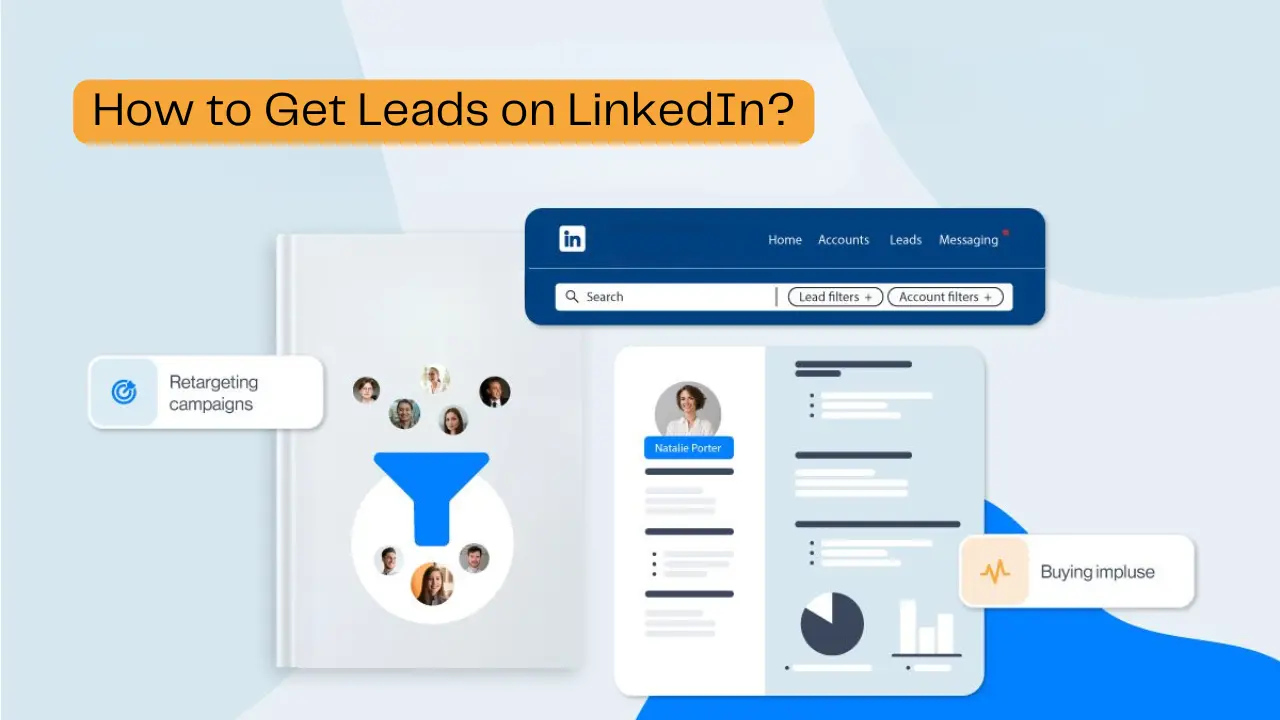How Google’s AI Search (SGE) Is Changing SEO in 2025
leadstream.in
September 17, 2025

How Google’s AI Search (SGE) Is Changing SEO in 2025
Hey everyone! Let’s dive into something that’s been buzzing in the digital marketing world: Google’s AI Search, also known as Search Generative Experience (SGE). If you’re involved in SEO, or even just curious about how we find information online, you’re going to want to stick around. We’re talking about the future of search, and it’s happening now, with big implications for SEO in 2025.
Remember the old days of Googling? You’d type in a question, hit enter, and get a list of blue links. We’d then click through, skim, and piece together the answers. Well, SGE is shaking things up significantly. Instead of just presenting links, Google’s AI is designed to understand your query more deeply and provide a synthesized, direct answer right at the top of the search results page. This is a monumental shift, and understanding how it works is key to adapting your SEO strategies for 2025.
What Exactly is Google's SGE?
Think of SGE as a super-powered assistant. When you ask a question, Google’s AI doesn’t just look for websites that contain your keywords. It analyzes the intent behind your query, draws information from multiple sources, and generates a comprehensive, easy-to-understand response. This generative AI approach means users get answers faster, often without needing to click through to any websites. This is the core of why SEO in 2025 will look so different.
How SGE Impacts Traditional SEO

This new paradigm presents some immediate challenges and opportunities for SEO professionals. For years, the primary goal of SEO has been to rank high in those coveted blue links. With SGE, the focus is shifting.
Content is King, but Context is Queen
The fundamental principle of creating valuable, relevant content remains paramount. In fact, with SGE, the importance of high-quality content is amplified. Google’s AI needs to pull accurate and comprehensive information to generate its answers. This means your content needs to be not just keyword-rich, but also authoritative, well-structured, and truly answer the user’s intent. Long-form content that thoroughly explains a topic, covers different angles, and provides evidence will likely be favored.
When we talk about SEO in 2025, we’re talking about a deeper understanding of user intent. SGE is exceptionally good at deciphering this. It can understand nuanced questions, compare concepts, and even provide step-by-step instructions. So, as you develop your content strategy, ask yourself: “Does this content fully and clearly answer the user’s potential follow-up questions?”

The Rise of “No-Click” Searches
This is perhaps the most significant impact. If SGE provides a direct answer, users may have less incentive to click through to your website. This can lead to a decrease in organic traffic, which is a major concern for many businesses relying on website visits for leads and sales. However, this isn’t necessarily a bad thing for everyone. If your goal is to establish brand authority and provide quick answers, being featured in the SGE snapshot is a huge win. It positions you as a trusted source directly within the search results. This is a critical consideration for SEO in 2025.
What About Keywords?
Keywords are still relevant, but their role is evolving. Instead of just stuffing keywords into your content, you’ll need to focus on natural language, conversational queries, and the topics surrounding your core keywords. Think about how someone would naturally ask a question to a human assistant. SGE is designed to understand that conversational style. So, while traditional keyword research is still valuable, it needs to be augmented with an understanding of question-based queries and topical authority. For SEO in 2025, it’s about semantic search and understanding the relationships between words and concepts.
New Opportunities with SGE
While there are challenges, SGE also opens up exciting new avenues for SEO:
- Featured Snippets on Steroids: SGE essentially takes the concept of featured snippets and elevates it. If your content is selected for an SGE answer, it will be highly visible. This means optimizing for direct answers and concise, informative content is more crucial than ever.
- Conversational SEO: Users will increasingly use longer, more conversational queries. Your SEO strategy needs to reflect this. Think about creating content that directly answers these types of questions. For example, instead of optimizing for “best running shoes,” you might optimize for “what are the best running shoes for someone with flat feet who runs marathons?” This is a key aspect of SEO in 2025.
- Building Topical Authority: SGE relies on comprehensive information. This means building authority around specific topics will be more important than ever. Instead of just targeting individual keywords, aim to become the go-to resource for an entire subject area. This demonstrates to Google that you have deep knowledge, making your content more likely to be used in SGE.
- User Experience and Engagement: Google continues to prioritize user experience. With SGE, if users find the AI-generated answer helpful, they might stay on the search page longer. However, if the answer is unsatisfactory or leads to further confusion, they might still click through. Therefore, creating engaging content that encourages further exploration and interaction with your brand will be vital. Your website’s overall user experience (UX) will indirectly influence your standing in SGE.
Recent Posts
Custom Sub-Tracking Domain for Cold Email Outreach
How to Get More Leads on LinkedIn
Categories
Grow Your Business With Us
Contact us today to get the best solution for your business at the best price.

B2B Lead Generation Experts in cold email marketing, LinkedIn outreach, SEO, and Google Ads, focused on delivering high-quality leads and sustainable growth.
Contact us
- +0 (555) 123 45 67
- sales@leadstream.in
Company
- About us
- Brochure
- Blog
- Case Study
- Contact us
- Terms Of Services
Services
- Lead Generation
- Website Design
- Email Outreach
- Digital Marketing
- Outbound Calling
- SEO & Content Writting
Copyright © 2024 ·Lead tream · All rights reserved
- Privacy Policy
- Terms & Conditions
- Legal Info

